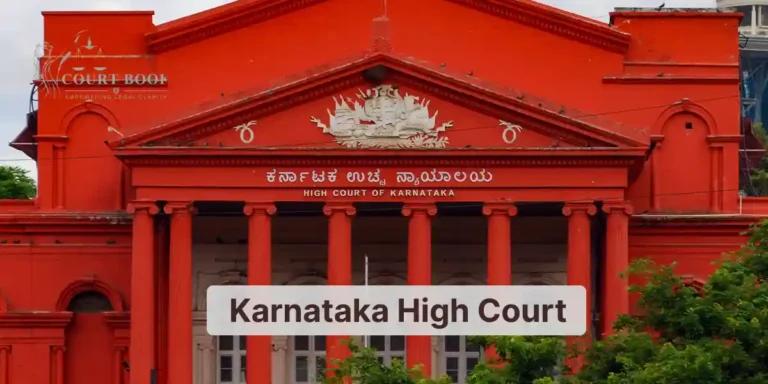The Karnataka High Court has set aside the proceedings initiated by the National Commission for Scheduled Castes (NCSC) against the Secretary and Chief Executive of Mysore Education Society (MES), following a caste discrimination complaint filed by an employee.
Justice M. Nagaprasanna, while allowing the writ petition filed by MES, highlighted that the complaint involved a clear service dispute rather than any violation of the Scheduled Castes and Scheduled Tribes (Prevention of Atrocities) Act. The court observed that the Commission did not have the jurisdiction to interfere in this matter.
The dispute began when the employee, P. Babu, a Computer Technician at MES College, Malleswaram, Bengaluru, filed a complaint before the Commission alleging harassment and discrimination based on his Scheduled Caste status. However, as noted in the court order, Babu had earlier requested a two-year leave starting August 2022 for personal reasons, which the institution had granted.
"The first respondent seeks leave of two years; it is granted, his appointment is saved, he is taken back, since the vacancy had already been filled and is transferred four kilometers away to another Institution of the same Society, in terms of the conditions of employment which had been signed by the first respondent, with eyes wide open." — the court noted.
After Babu returned early from his leave in November 2023, the institution, due to the already filled vacancy, transferred him to another branch within the same group. The employee had formally accepted the transfer and reported to duty at the new posting. Despite this, he approached the NCSC in January 2024, alleging caste-based harassment.
The High Court pointed out that the employment contract signed between Babu and MES in 2017 clearly allowed inter-institutional transfers within the MES group. The court also found that Babu’s complaint raised issues that spanned over a decade, which had never been mentioned previously in any formal manner.
A palpable service dispute is projected as an atrocity dispute," the court observed, stressing that the Commission's proceedings caused unwarranted disruption in the institution despite no concrete evidence of caste-based harassment.
The court extensively referred to Article 338 of the Constitution, which defines the duties and limitations of the National Commission for Scheduled Castes. It emphasized that while the Commission has the authority to investigate deprivation of rights and safeguards, it is not empowered to act as a civil court or adjudicate service-related disputes between employers and employees.
"The powers conferred do not contemplate that the Commission can examine matters like a civil Court and adjudicate dispute and pronounce its decision either interim or final," the bench stated.
Relying on precedents, including the Supreme Court’s decision in All India Indian Overseas Bank SC/ST Employees' Welfare Association vs Union of India, the High Court reiterated that the Commission cannot function as a judicial or quasi-judicial body.
The court concluded that there was neither any proven atrocity nor evidence of caste-based abuse, and that the Commission should not have entertained the complaint in the first place.
The proceedings before the Commission, suffering from want of jurisdiction, in the peculiar facts of the case, need to be obliterated, the order read.
In the final order, the Karnataka High Court allowed the writ petition and quashed all the proceedings initiated by the National Commission for Scheduled Castes against the Mysore Education Society.















